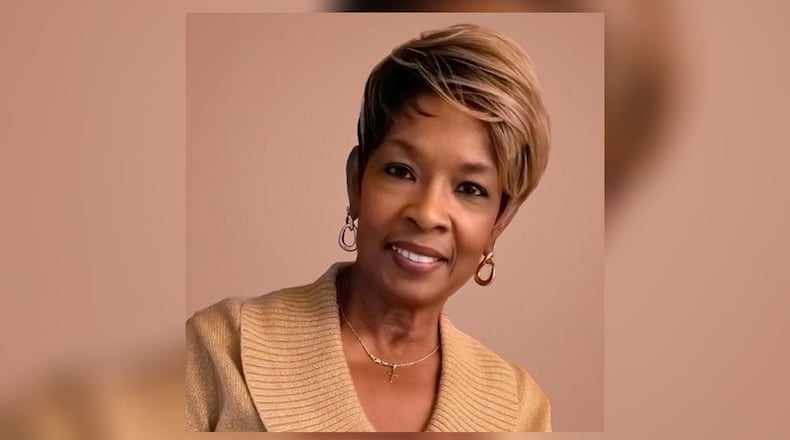Fast-forward to 2024, and we are witnessing the results of three generations of students who have grown up with fewer spiritual influences, less discipline, and more exposure to social challenges that many of us couldn’t have imagined back then. As we all know, the COVID-19 pandemic only added layers of difficulty, exacerbating issues already present — such as disengagement, emotional instability, and weakened community ties.
The real question is, what are we collectively prepared to do right now to address these challenges? It’s not just about talking or holding meetings but about committing to actions that will bring about real, measurable change. What steps can we take today to begin dismantling these cycles of frustration and disappointment?
I am glad to witness that critical key players like Dayton Metro Library, Dayton Public Schools, Dayton Police Dept, and our community leaders are coming together to address these issues. But we must learn to be proactive and not reactive. This collaboration is a positive step, but it is only the beginning. We will remain trapped until we confront the systemic barriers and rethink how funding is distributed, moving away from temporary fixes to sustainable solutions. Our politicians and leaders must be willing to examine policies that dictate where resources go and who benefits from them. It is not enough to shift dollars around from one program to another; we need to invest in real change. That is why programs like Omega CDC and Pre-School Promise exist (just to name a few).
Dayton Public Schools with Superintendent David Lawrence, Dayton Police Major Jason Hall, Dayton Metro Library Deputy Director Rachel Gut, and others met with the community on Oct. 22 to continue to discuss the safety of our libraries and students. We all agreed to be apart of the solutions as it relates to all the fights at Southeast and Downtown Branches. After attending the meeting, I could tell there were mixed emotions and some “agree to disagree” moments, however the community was positive knowing the solutions could not be resolved in one night. The fact that the room was packed indicated that people care about our libraries!
I sincerely pray that together, we will be guided by the understanding that we cannot fix these issues with quick solutions. We need and must have bold, faith-filled action and commitment from every sector of our community - families, schools, sororities, fraternities, government, businesses, colleges, etc. We have a real opportunity to create the kind of permanent change that will restore hope, love, stability, and growth. We need you not just for today, but for generations to come.
Daria Dillard Stone is the Founding CEO of Sharing Ministries and Parent Engagement Liaison for Dayton Metro Library. She is also an Ordained Minister and the curriculum developer of the S.T.A.R. (Smart Talentented Awesome Respected) Program. In 2024, she received the Dayton Skyscraper Award and the YWCA Dayton “Women of Influence” award in 2018.
About the Author
